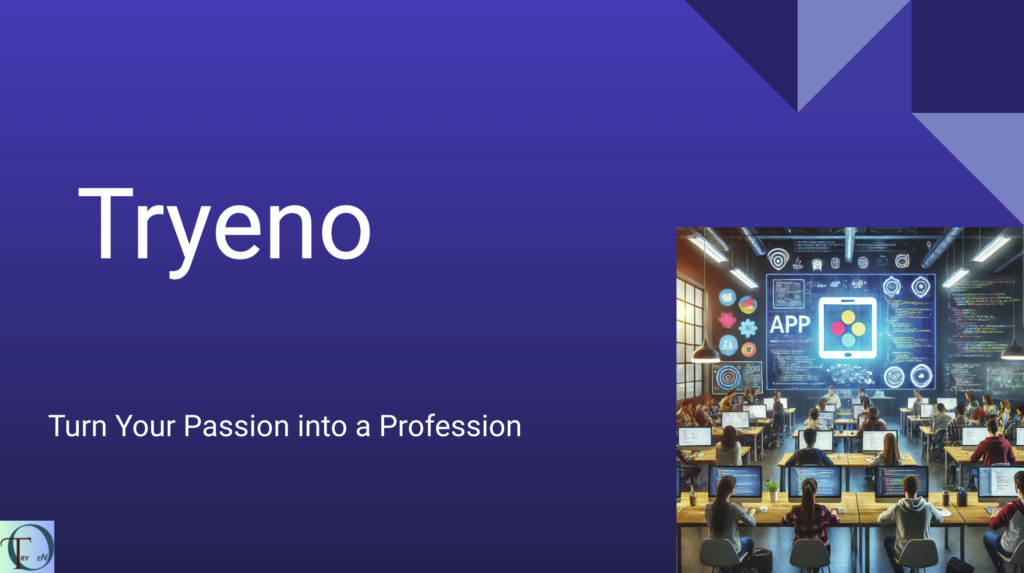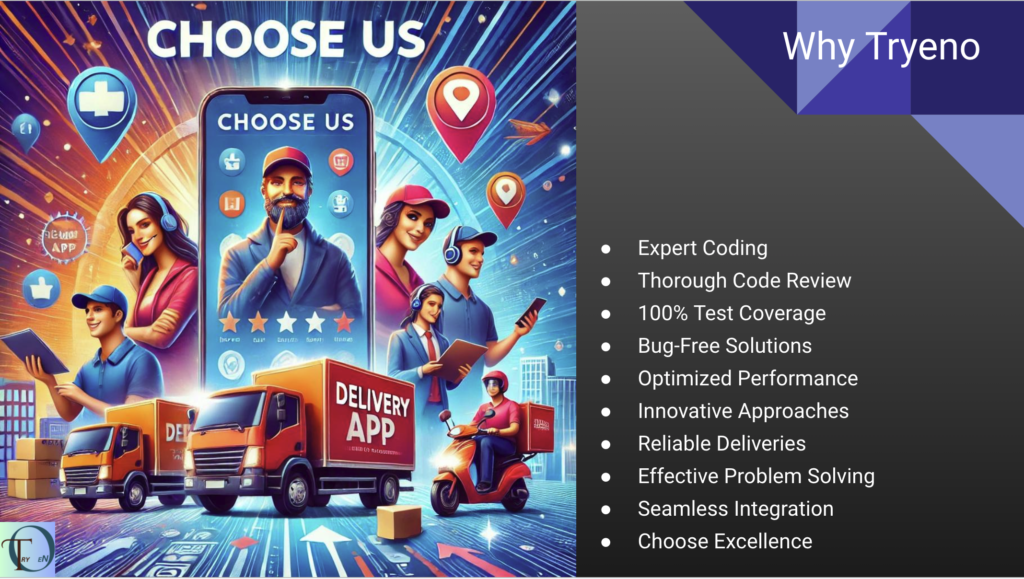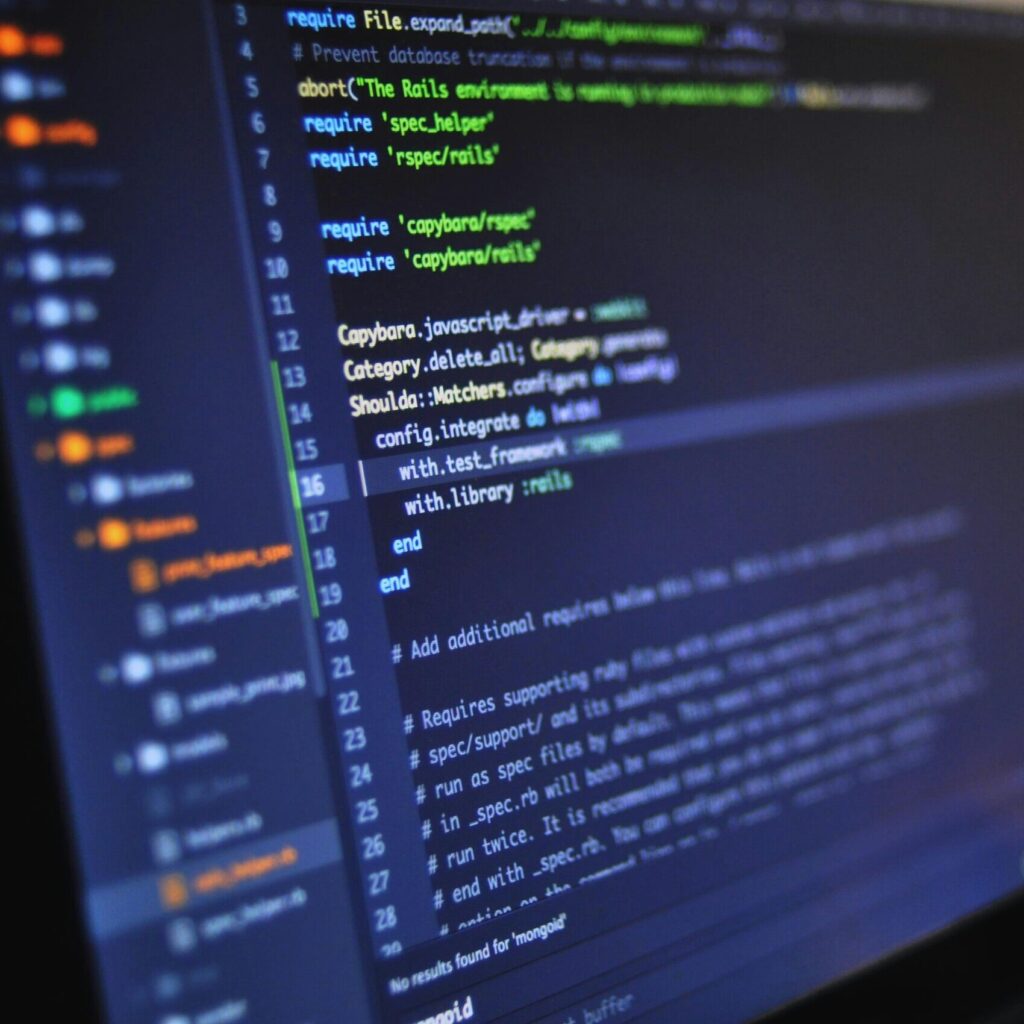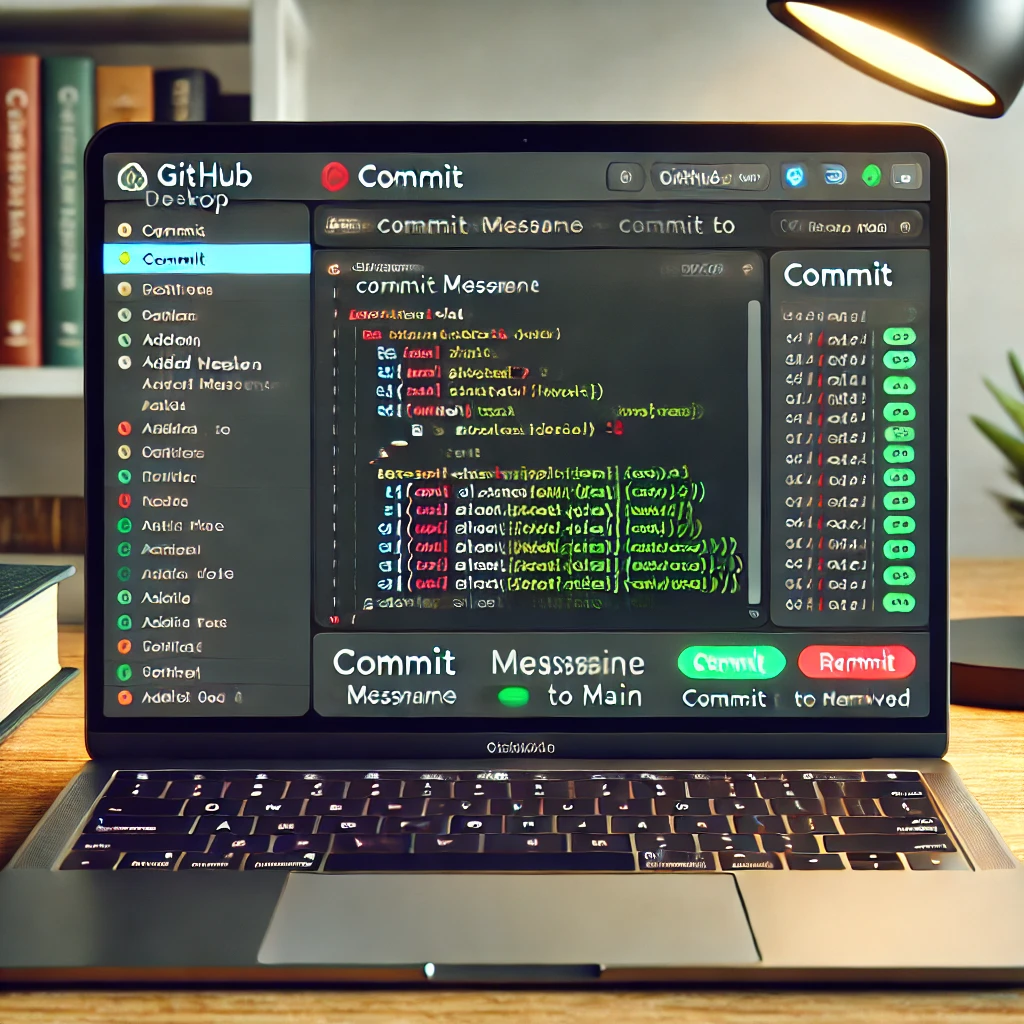Discount – SUMMER major discount is going on contact for discount.
About
This Python Basics Learning Course is designed to provide a solid foundation in Python programming, perfect for beginners who want to dive into coding. With classes each week, the course covers everything from Python syntax, data structures, and loops, to more advanced concepts like object-oriented programming (OOP) and working with files. Each week is structured to gradually introduce new topics, ensuring a smooth learning curve. By the end of the course, you will have completed a capstone project, applying the skills you’ve learned to build a real-world Python application.
Whether you’re aiming to develop a new hobby, enhance your career, or pursue further education in technology, this course is an ideal starting point.
Preview







Demo
Free demo for 30 minutes.
Admission Fee
Free
Time & Fee Structure
The course will run for 3 month, with classes held two times a week, each class lasting one hour
Fee : Contact for Fee Details
Payment Details
Installment – 50% on admission time and remaining 50% at middle of course.
Full – 5% discount will be provided for one-time payments.
Special Benefits
- Two times throughout the course, an engineer from Japan with 12 years of experience in mobile development will join three classes to provide motivation, answer questions, and offer free advice on any kind of career-related questions.
- For weaker students, extra classes can be provided.
- WhatsApp group will be provided for QA.
Training Method
– Online class via google meet.
– Our training course uses live coding online and idea to teach you the course.
– We show examples and run them live on the console.
– You’ll get homework for practice and work on real projects to build your confidence.
Training Material
Code file will be shared.
How to apply
- via whatsapp group
- via call 8858893462
- via email dnm.dpm@gmail.com
Why should join this course?
Why Join This Course? Career Advantages:
Learning Python opens doors to a wide range of career opportunities. Python is one of the most versatile programming languages and is widely used across many industries. Here are a few areas where Python skills can be valuable:
Career Growth: Python proficiency is in high demand, opening up roles such as Python developer, data analyst, machine learning engineer, software engineer, and more.
Web Development: With frameworks like Django and Flask, Python is a popular choice for building robust web applications.
Data Science and Machine Learning: After mastering Python basics, you can advance into data science, machine learning, and artificial intelligence. Python libraries like numpy, pandas, and scikit-learn are essential for data analysis and machine learning algorithms.
Automation & Scripting: Python is a powerful tool for automating repetitive tasks, making it a valuable skill in IT and DevOps roles.
Game Development: Python’s simplicity makes it a great language for beginners in game development, with libraries like Pygame for creating games.
Further Learning
Upon completing this course, students will be well-prepared to move on to more specialized fields like:
- Machine Learning & Artificial Intelligence: Explore complex topics such as neural networks and deep learning by learning libraries like TensorFlow and PyTorch.
- Data Science: Learn how to manipulate and analyze large datasets using Python’s data-centric libraries, and potentially explore data visualization and business analytics.
- Full-Stack Development: Transition to full-stack development by learning front-end frameworks and integrating them with Python-based back-end systems.
Schedule
Week 1: Introduction to Python
Class 1: Overview of Python, setting up the environment (IDLE, Anaconda, VS Code), running your first Python script: print("Hello, World!")
Class 2: Python syntax & basic operations (variables, data types, arithmetic operations)
Week 2: Strings & Lists
Class 1: Strings & basic input/output (string manipulation, input() function)
Class 2: Lists & tuples (creation, accessing, list operations, immutability of tuples)
Week 3: Conditionals & Loops
Class 1: Conditionals (if, elif, else statements, logical operators)
Class 2: Loops (for and while loops, break and continue, iterating through lists and strings)
Week 4: Functions
Class 1: Functions I (defining functions, arguments, return values)
Class 2: Functions II (*args, **kwargs, local vs global variables, function exercises)
Week 5: Dictionaries & Sets
Class 1: Dictionaries (creation, accessing, modification, dictionary methods)
Class 2: Sets (set operations: union, intersection, difference)
Week 6: Modules & File Handling I
Class 1: Working with modules (import, from… import, common modules: math, random)
Class 2: File handling I (reading files, file modes, working with .read())
Week 7: File Handling II & Exception Handling
Class 1: File handling II (writing to files, exception handling with try-except, context managers)
Class 2: Exception handling (handling exceptions, raising exceptions)
Week 8: Introduction to Object-Oriented Programming (OOP)
Class 1: OOP basics (classes, objects, methods, attributes)
Class 2: OOP constructors and object instances (__init__ method, creating instances, class attributes)
Week 9: OOP Advanced Concepts
Class 1: OOP inheritance and polymorphism (inheriting from classes, method overriding, multiple inheritance)
Class 2: OOP encapsulation and abstraction (access modifiers, abstract classes and methods)
Week 10: Python Libraries
Class 1: Introduction to numpy and basic array operations
Class 2: Introduction to pandas for data manipulation, overview of matplotlib for plotting
Week 11: Debugging & Working with APIs
Class 1: Debugging and code optimization (debugging techniques, optimizing code performance)
Class 2: Working with APIs (introduction to APIs, using the requests library)
Week 12: Final Project
Class 1: Final project introduction (build a simple Python app like a To-Do List or Calculator, project requirements)
Class 2: Guided project work session (Q&A, troubleshooting, building the Python project)